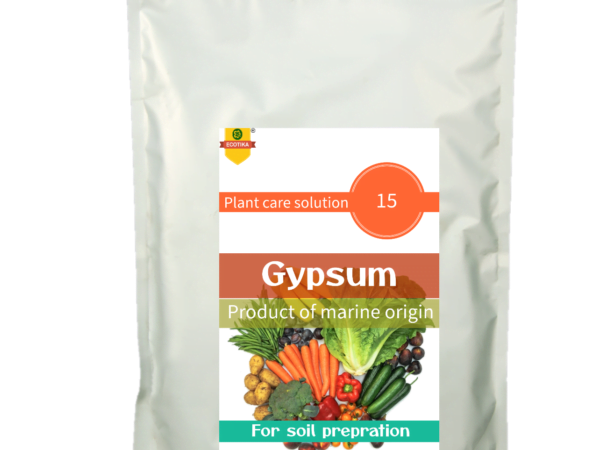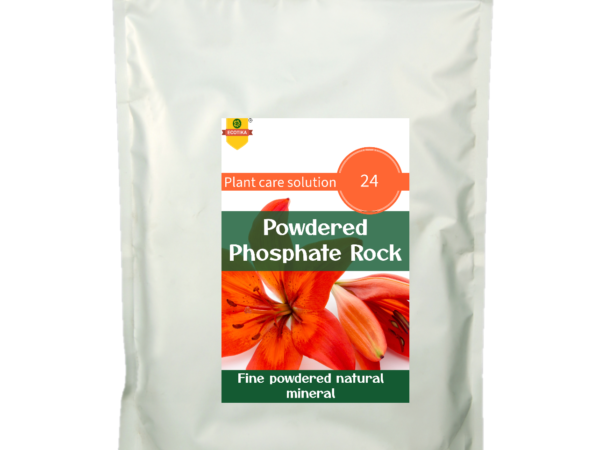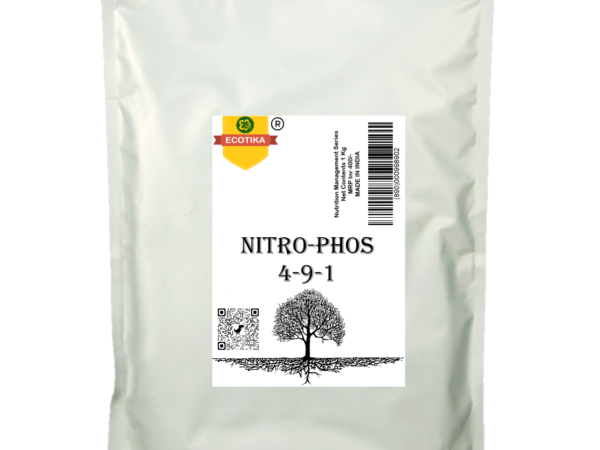₹175.00 – ₹350.00
- 90% Sulphur, finely powdered,
- Designed to absorb water, unlike pure sulphur which is water repellant.
- Fit for dusting plants and mix in your potting mixes.
- Sulphur as it is also helps in Fungus management.
- Can be used for turf management.
- Improves health of lawn grass.
- 90% Sulphur, finely powdered,
- Designed to absorb water, unlike pure sulphur which is water repellant.
- Fit for dusting plants and mix in your potting mixes.
- Sulphur as it is also helps in Fungus management.
- Can be used for turf management.
- Improves health of lawn grass.
Sulfur is often overlooked, but it’s actually one of the essential macronutrients for plants, right up there with nitrogen, phosphorus, and potassium. It plays a crucial role in many plant functions, contributing to:
- Protein and enzyme production: Sulfur is a key component of amino acids, the building blocks of proteins. Proteins are involved in almost every process in a plant, from photosynthesis to growth and reproduction. Enzymes, also made up of proteins, act as catalysts for important chemical reactions in plants.
- Photosynthesis: Sulfur is a vital part of chlorophyll, the green pigment that allows plants to capture energy from sunlight during photosynthesis. Without sufficient sulfur, plants can’t produce enough chlorophyll, leading to stunted growth and pale leaves.
- Stress resistance: Sulfur-containing compounds help plants defend against environmental stresses like drought, heat, and disease. They also play a role in repairing damage caused by these stresses.
- Nitrogen fixation: For legumes like beans and peas, sulfur is essential for the formation of nodules where nitrogen fixation occurs. This process converts atmospheric nitrogen into a form that plants can use, making legumes important for improving soil fertility.
So, how can you tell if your plants are getting enough sulfur? Some signs of sulfur deficiency include:
-
- Yellowing of leaves: This is caused by a lack of chlorophyll production.
- Stunted growth: Plants may be smaller than usual and have fewer leaves.
- Pale flowers and fruits: Sulfur is important for fruit and flower development, so deficiency can lead to poor yields.
- Purpling of leaves: This is a sign of stress and can be caused by sulfur deficiency.
You may also like…
-
Sale!

Plant care solution 25 | Ecotika Vigor | Superhalite | Polyhalite fertilizer | Ideal for fruit trees
Rated 4.00 out of 5₹149.00 – ₹752.00 Select options -
Sale!

Ecotika Neem oil Cake: Organic Powerhouse for Pest-Free, Thriving Gardens – Roses, Veggies & More!
Rated 4.50 out of 5₹173.00 – ₹943.00 Select options -
Sale!

Soil Acidifier | Plant care system no 42 | Soil pH management | Suitable for organic gardening
Rated 4.83 out of 5₹145.00 – ₹650.00 Select options -
Sale!

Ecotika Gypsum (Agriculture Grade) Fertilizer | Calcium fertilizer | Soil Amendment – 4.5 Kg
₹895.00₹615.00 Add to cart
No recently viewed products to display
Be the first to review “Technical Solution no 51 | 90% Sulphur powder | Dusting and Soil application” Cancel reply
- 90% Sulphur, finely powdered,
- Designed to absorb water, unlike pure sulphur which is water repellant.
- Fit for dusting plants and mix in your potting mixes.
- Sulphur as it is also helps in Fungus management.
- Can be used for turf management.
- Improves health of lawn grass.
Description
- 90% Sulphur, finely powdered,
- Designed to absorb water, unlike pure sulphur which is water repellant.
- Fit for dusting plants and mix in your potting mixes.
- Sulphur as it is also helps in Fungus management.
- Can be used for turf management.
- Improves health of lawn grass.
Sulfur is often overlooked, but it’s actually one of the essential macronutrients for plants, right up there with nitrogen, phosphorus, and potassium. It plays a crucial role in many plant functions, contributing to:
- Protein and enzyme production: Sulfur is a key component of amino acids, the building blocks of proteins. Proteins are involved in almost every process in a plant, from photosynthesis to growth and reproduction. Enzymes, also made up of proteins, act as catalysts for important chemical reactions in plants.
- Photosynthesis: Sulfur is a vital part of chlorophyll, the green pigment that allows plants to capture energy from sunlight during photosynthesis. Without sufficient sulfur, plants can’t produce enough chlorophyll, leading to stunted growth and pale leaves.
- Stress resistance: Sulfur-containing compounds help plants defend against environmental stresses like drought, heat, and disease. They also play a role in repairing damage caused by these stresses.
- Nitrogen fixation: For legumes like beans and peas, sulfur is essential for the formation of nodules where nitrogen fixation occurs. This process converts atmospheric nitrogen into a form that plants can use, making legumes important for improving soil fertility.
So, how can you tell if your plants are getting enough sulfur? Some signs of sulfur deficiency include:
-
- Yellowing of leaves: This is caused by a lack of chlorophyll production.
- Stunted growth: Plants may be smaller than usual and have fewer leaves.
- Pale flowers and fruits: Sulfur is important for fruit and flower development, so deficiency can lead to poor yields.
- Purpling of leaves: This is a sign of stress and can be caused by sulfur deficiency.
Additional information
| Weight | N/A |
|---|---|
| Size | 250 grams, 400 grams, 900 grams |
Reviews
There are no reviews yet.
Be the first to review “Technical Solution no 51 | 90% Sulphur powder | Dusting and Soil application” Cancel reply








Reviews
There are no reviews yet.